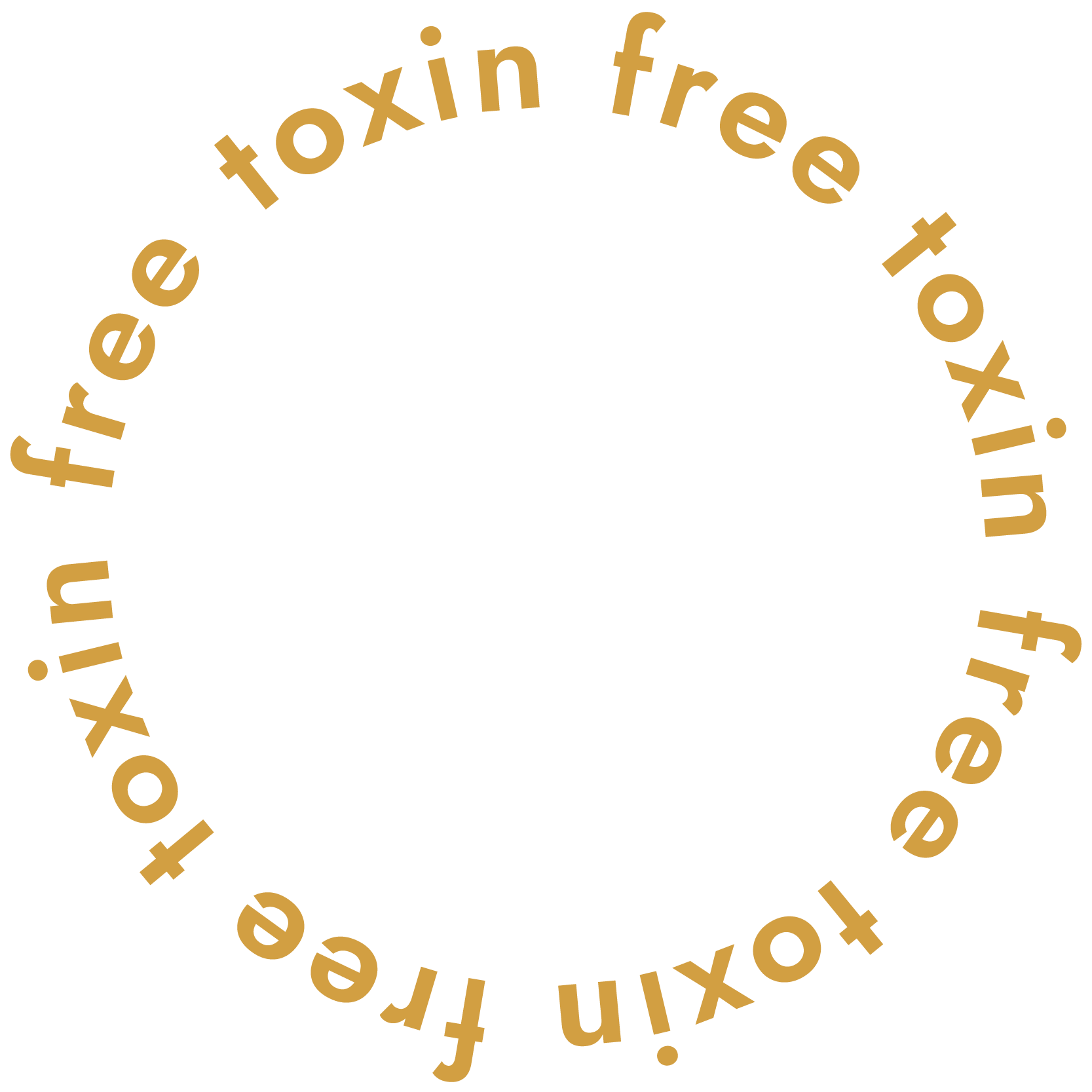Apple Podcasts | Spotify
Your polyester pajamas are literally plastic, affecting your hormones, fertility, and skin health in ways you never imagined. In today’s conversation with Michel, founder of AIZOME Textiles, we dive deep into the toxic reality of the modern textile industry. AIZOME is one of the only 100% organic cotton, plant-dyed textile companies that produces chemical-free clothing!
From the 10,000+ unregulated chemicals used in clothing production to the microplastics flooding our oceans, the fashion industry has created a health crisis that most people don’t even realize they’re experiencing.
The science is clear: polyester clothing has been shown to dramatically decrease testosterone and fertility in men, with effects reversing only after months of removing synthetic fabrics.
Meanwhile, synthetic dyes made from the same petroleum-based chemicals as plastic are causing contact dermatitis in 70% of people with sensitive skin conditions like eczema and psoriasis. Even “clean” laundry detergents can’t remove the bacterial buildup that creates that distinctive smell in polyester clothing.
But there’s hope. In this episode, Michael shares practical steps for transitioning to safer textiles, starting with the items that matter most: bedding (since you spend 8 hours a day in contact with sheets), underwear, and daily-wear items. Plus, learn about the regulatory landscape and how consumer demand is finally driving change in this massive industry.
In today’s episode, we’re chatting about:
- Why polyester clothing is linked to decreased fertility and hormone disruption
- The 10,000+ chemicals used in textile production (most completely unregulated)
- How synthetic dyes cause skin reactions in 70% of people with contact dermatitis
- Practical steps for transitioning to non-toxic clothing and bedding
- Why washing new clothes multiple times is crucial for sensitive individuals
Polyester vs. Cotton Clothing
You can tell the difference between polyester and cotton clothing in your closet. Take a second to smell your clothes and tell me which ones are cotton and which are polyester.
I’ve had some polyester clothes for a long time, and they have a distinct smell that I can’t get rid of. I finally went down the rabbit hole and realized it’s the polyester and the bacteria in the cloth that you can’t get rid of.
I tried so many things to get the smell out but nothing worked. It’s very bad because we have a lot of bacteria in our skin and it shouldn’t be disturbed. It’s perfect, as God made it. When you put something on there with other bacteria, it disturbs your skin biome.
How to Transition to Chemical-Free Clothing
Remove polyester as much as possible! Michel and I have almost no polyester in our homes. We don’t have polyester blankets, clothes, or bedding. I think plastic has its use, but not on garments that touch your skin.
If you go back over the last 20 years, multiple studies show that polyester impacts your hormones and decreases fertility, especially in men. They showed a dramatic decrease in testosterone and the ability to get a woman pregnant. It takes months after removing polyester for the hormones to come back up. The best thing you can do for your health is remove polyester from your home.
3 Types of Irritation from Polyester
Michel and the team at AIZOME always say textiles can cause three kinds of irritation: mechanical, chemical, and pathogenic.
Mechanical is the friction. Polyester rubs very hot, making it difficult to regulate our internal temperature.
Then, there are all the chemicals in polyester. Polyester also tends to attract environmental chemicals that stick to it.
Pathogenicity is not a problem with new polyester textiles, but the longer they are used, the longer pathogens live. The smell does not come out of a polyester shirt.
These irritations impact your health, especially for people with sensitive skin.
Do the Best You Can
As I always say, do your best with what you have. If you can only replace your polyester underwear with 100% organic cotton underwear, do it! Then, save your money to invest in high-quality sheets.
Michel wants to tell anybody who’s not sure if they should care about this that this is their health and their body. The only reason companies market polyester to you is because it’s a very cheap material. You are buying the cheapest product.
People sometimes have a hard time understanding that polyester is plastic. When you think of plastic, you think of plastic water bottles, Tupperware, or tubing. But clothing and bedding made out of polyester are also plastic.
If you buy new clothes, buy cotton and wash it multiple times. Support companies who are changing the industry and standards. I can’t live without my organic cotton plant dyed AIZOME sheets – I even travel with them!
Shop AIZOME clothing with my code WENDY to get 20% off your order of chemical-free clothing and linens!
FAQs About Chemical-Free Clothing
Can toxins be washed out of clothes?
Partially, but not completely. Embedded toxins like polyester, PFAS, and heavy metals are bonded at the fiber level and can’t be removed with washing. Surface-level chemicals like dyes and softeners can be reduced by washing new clothes several times. Be mindful of the laundry detergent you use so you don’t add even more chemicals!
What is the least toxic fabric to wear?
100% cotton fabric is your best bet. Look for companies with the OEKO-TEX certification. My favorite brands making natural fiber clothing can be found here.
How do I know if my clothes are toxic?
Check the fabric type on the tag and avoid polyester, nylon, and acrylic. Also, consider if the clothing is treated with formaldehyde, PFAS, flame retardants, or heavy metals. Certifications like GOTS and OEKO-TEX STANDARD 100 indicate fewer or no harmful chemicals.
Which fast fashion brands should I avoid?
All of them use harmful chemicals in their clothes. South Korea did that huge study on Shein and Temu and found tons of chemicals, such as lead, heavy metals, phthalates, PFAS, and BPA.
Related Episodes:
Episode 65: From Harmful to Healing: AIZOME Leading the Way With Plant-Dyed, Synthetic Free Textiles
Episode 102: The Hidden Chemicals in Clothing: What Every Consumer Needs to Know with Hannah Dunning
Episode 110: Polyester Underwear: The Hidden Fertility Factor in Your Underwear Drawer


+ show Comments
- Hide Comments